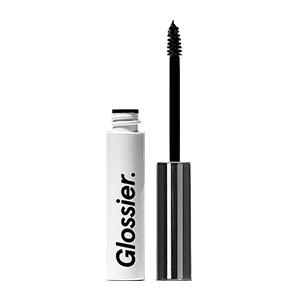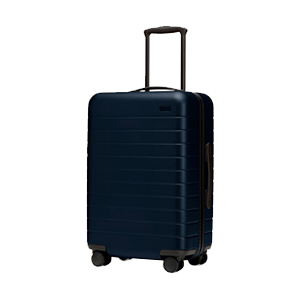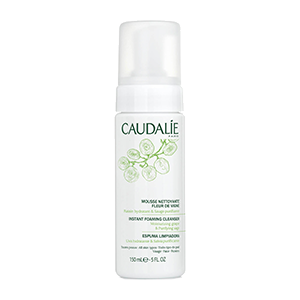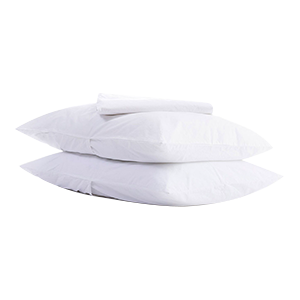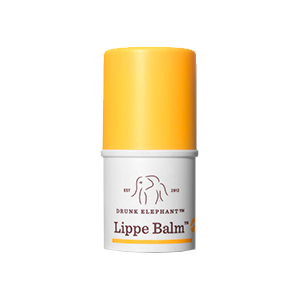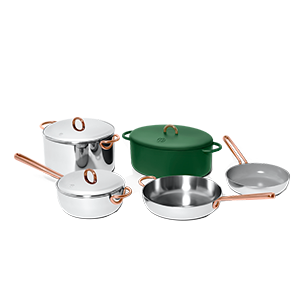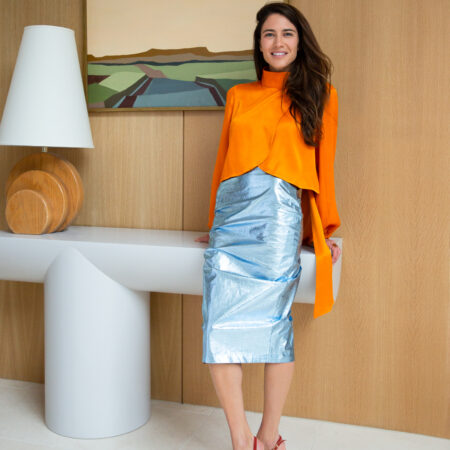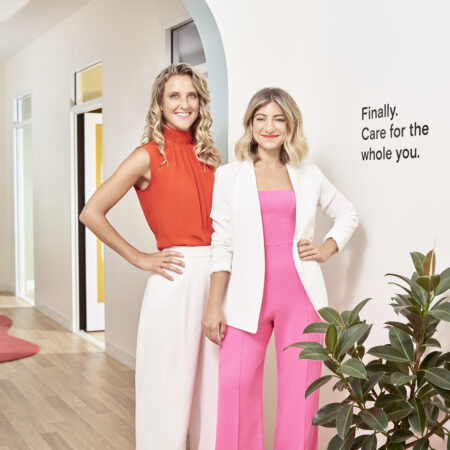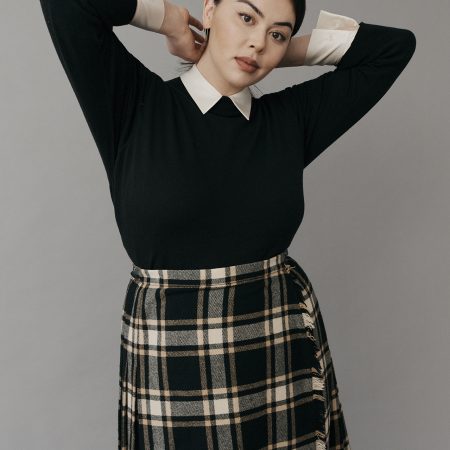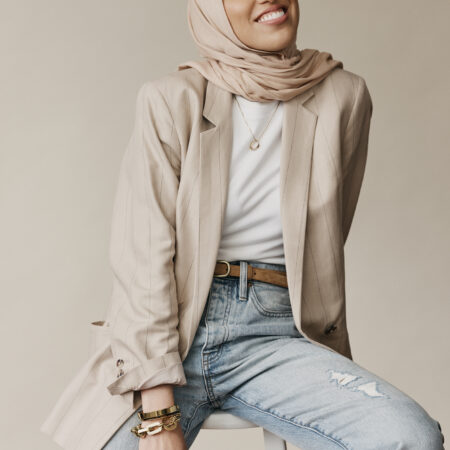In one sentence, what does your company do?
AGE: We design, curate, and sell the chicest collection of elevated plastic and paper tableware (primarily recyclable or compostable), providing the modern host/hostess with a simple way to set a beautiful table—whether for a dinner party, wedding, or other special event.
What are you solving for?
AWV: We have largely become the generation of dining out and ordering takeout on our phones. We hope to encourage people to cook and host more at home.
Why should people care about your company and what you’re doing?
AGE: We want to make “single-use” not only more beautiful but also more sustainable. What most people don’t know is that paper party plates are not only not reusable, but they’re also not recyclable or compostable—they just end up in landfills. Same with “compostable” tableware. So while plastics may have a bad rap—and rightfully so in many cases—a plate that is reusable and also completely recyclable is the absolute best option when it comes to “single-use.”


What’s one big mistake you made when you first started your company and one big thing you got right?
AGE: I regret not seeking out a mentor from the beginning. We learned a lot about the industry the hard way. Something we definitely got right was not taking no for an answer. We learned this from our time in the fashion industry. Allison and I met as fashion interns at Elle. Throughout our internships and subsequent jobs as fashion assistants, we could never go back to an editor and say, “We can’t pull that look” or “The shoes are at another magazine, so they can’t be on set.” There was always a way, and we didn’t go home until we figured it out. We took that with us here.
What’s the one piece of advice you’d give other women looking to start their own business in your space?
AWV: Make sure you feel confident that you are bringing something new and interesting to the table (no pun intended!). The market is incredibly saturated and competitors are extremely aggressive with copycats and attempts to do things cheaper and quicker than you can.
Founder's Picks
What’s one thing that makes your life easier?
AGE: Support from friends and family—both financial and emotional. We were lucky to raise a little bit of capital in the form of micro-loans from friends and family to kickstart our business, which helped tremendously. And without the cheering-on of my circle, I would find it much harder to get through the more challenging times.
What is the best thing about having a co-founder?
AGE: Many of Allison’s strengths are my weaknesses, so between the two of us we cover all of the bases. She’s also the only person who really understands certain feelings or trials, so when it feels like the walls are closing in, we can talk in a therapeutic and productive way.
AWV: The best thing about having a co-founder, is having a co-founder. I cannot imagine doing this on my own. Having a co-founder is an insurance policy that you won’t have to do it all, all the time.
“Having a co-founder comes with an insurance policy that you won't have to do it all, all the time.”
ALLISON WATTERS VARTOLO
What is the most challenging thing about having a co-founder?
AGE: Not always seeing eye to eye. As a result, you often need to just trust that the other person’s decision is going to be a good one.
AWV: While two heads are better than one, it sometimes makes it difficult to make decisions. More often than not, we are on the same page, but there are also times when we will come to a standstill on how to proceed on something. It always works out, and we always learn through the perspective of the other, but it can be challenging in the process.
Describe an instance when you “failed forward”?
AWV: Anyone who runs a startup knows that “failing forward” occurs almost daily, in the form of tiny defeats. Despite any previous career and life experience, it’s almost guaranteed that you’ve never had so many responsibilities at once. You touch on nearly every job type—finance, marketing, writing, content, styling, selling, product development, designing, buying, web development, social media… But whatever the fail forward is, we will learn from it.
How will you know when you’ve made it?
AWV: When we have a team. It will symbolize that we have made or raised enough money to feel comfortable investing in people. And that will mean that Alison and I will not have to wear all one million hats, 24 hours a day.
AGE: When L’entramise is a household name.

